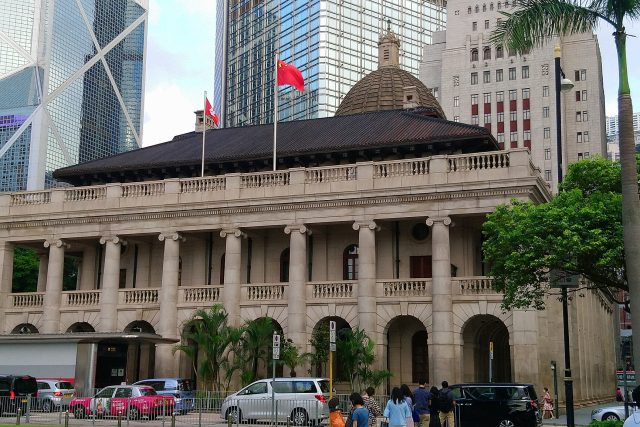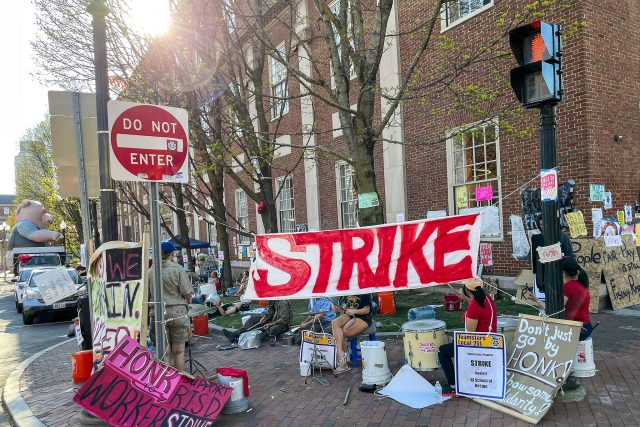The Hong Kong Court of Final Appeal refused university student Lui Sai Yu’s appeal for a one-third prison sentence reduction on Tuesday, despite him having pleaded guilty to violating the National Security Law. A one-third prison sentence reduction is typically granted to individuals that plead guilty in Hong Kong.The District Court of Hong Kong previously sentenced Lui to five years prison for violating Article 21 of the National Security Law on April 29, 2022. He was convicted of inciting secession by advocating for Hong Kong to be independent on social media. While Judge Amanda Woodcock initially granted Lui a one-third prison sentence reduction, she afterwards overturned her original sentence and imposed a five year sentence on Lui. She agreed with the prosecution that Lui’s sentence should not be reduced beyond five years as Article 21 of the National Security Law stipulates that individuals who incite secession “shall be sentenced to [a] fixed-term imprisonment of not less than five years but not more than 10 years” if the offense, such as Lui’s, is considered serious.The Court of Final Appeal subsequently upheld Lui’s five year sentence. The court agreed with Woodcock’s ruling in holding that Lui had committed a serious offense which should result in a minimum sentence of five years. The court also considered whether Article 33 of the National Security Law, which sets out three conditions in which a sentence reduction may be granted, applied to Lui. Nonetheless, the court found that Lui could not rely on Article 33 as the article aims to provide offenders with an incentive to desist from endangering national security. In other words, a guilty plea does not fulfill the purpose of Article 33.The National Security Law was promulgated and applied in Hong Kong on June 30, 2022, with the aim of safeguarding national security. Since its implementation, however, it has been used to prosecute pro-democracy activists across the country. Lui’s case is the second time a national security law case has been determined by a full panel of five judges. On February 9, 2021, a full panel of five judges also tried pro-democracy activist Jimmy Lai Chee-ying over a challenge of a lower court’s decision to grant him bail. The decision in Lui’s case will likely serve as a precedent for future cases that similarly invoke the National Security Law, for example, a case where 29 opposition activists are to plead guilty to violating the National Security Law by subverting state power.




The Most Read
Сryptocurrencies
Bitcoin and Altcoins Trading Near Make-or-Break Levels
Financial crimes
Thieves targeted crypto execs and threatened their families in wide-ranging scheme
Financial crimes
Visa Warning: Hackers Ramp Up Card Stealing Attacks At Gas Stations
News
Capitalism is having an identity crisis – but it is still the best system
Uncategorized
The 73-year-old Vietnamese refugee is responsible for bringing Sriracha to American consumers
Uncategorized
Electric Truckmaker Rivian, Backed By Amazon, Ford, Raises Whopping $1.3 Billion